Meningococcal Vaccines
- 2019-08-05
Symptoms of Meningitis
- High Temperature (38°c or above)
- Drowsiness or unresponsiveness
- Aversion to bright lights
- Difficulty Concentrating
- A headache
- Being Sick
- Seizures/fits
- Stiff Necks
Disease Complications: Brain damage, loss of arms or legs, loss of hearing, seizures, strokes, or even death
How is Meningitis spread?
Common social behaviors and environmental factors can promote the spread of the bacteria that causes meningococcal meningitis:
- Kissing
- Smoking
- Being in crowded places
- Living in close quarters
- Sharing cutlery, drinks & toothbrushes
Although infants and young children (younger than 5 years of age) can get meningococcal meningitis most often, in many countries there is a second peak of the disease at 15-24 years of age. Adolescents and young adults are also more likely, without showing symptoms, to carry the bacteria that causes meningitis.
Two types of meningococcal vaccines:
- The MenACWY vaccine for preteens, teens, and children and adults with certain health conditions
- The MenB vaccine for people age 10 years and older who have certain health conditions — or are in an area with an outbreak of serogroup B meningococcal disease
Reasons to get Vaccinated
- Meningitis can be fatal within 24 hours.
- Of the 1,000-2,600 people who get meningococcal disease each year, one-third are teens and young adults. Ten percent to 15% of those who get sick with the disease will die, even with antibiotic treatment. As many as 20% will have permanent side effects, such as hearing loss or brain damage.
- It can be hard for doctors to recognize the early symptoms of meningitis; it can look like the flu.
- Even if you survive meningitis, you can be left with long-term medical disabilities.
- Meningitis is uncommon but unpredictable and can be fatal; why risk it when vaccination can help prevent it?
Recommends a meningococcal vaccine for:
- The Vaccine is recommended for all who regularly have close or intimate contact with multiple partners, Particularly those who share cigarettes/marijuana or use recreational drugs.
- If you travel to countries where meningococcal meningitis is more common you could be exposed to the bacteria.
- All children ages 11-18 or certain younger high-risk children
- Anyone who has been exposed to meningitis during an outbreak
- Military recruits
- People with certain immune system disorders or a damaged or missing spleen
Recommended Adult Immunization Schedule Doses:
- 2 or 3 doses depending on vaccine and indication
Special situations
- Anatomical or functional asplenia (including sickle cell disease), HIV infection, persistent complement component deficiency, eculizumab use: 2-dose series at least 8 weeks apart and revaccinate every 5 years if risk remains.
- Travel in countries with hyperendemic or epidemic meningococcal disease, microbiologists routinely exposed to Neisseria meningitidis: 1 dose MenACWY and revaccinate every 5 years if risk remains
First-year college students who live in residential housing (if not previously vaccinated at age16 years or older) and military recruits: 1 dose MenACWY
Side Effects of Meningococcal Vaccines
Most people who get a meningococcal vaccine do not have any serious problems with it. With any medicine, including vaccines, there is a chance of side effects. These are usually mild and go away on their own within a few days, but serious reactions are possible.
Reaction to vaccination can include:
Reactions where the shot was given; Redness, Pain.
- Fever
- Muscle or joint pain
- Headache
- Feeling tired
- If these problems occur, they usually last for 1 or 2 days.
Protecting yourself & your family
You can reduce the likelihood of contracting meningococcal disease by being aware of the risks and limiting your exposure to the common routes of infection.
Meningitis can affect anyone, but it is most common in babies, young children, teenagers and young adults.
You can also be more proactive by being vaccinated.
The bacteria that cause meningitis can spread through common adolescent and young adult behaviors like kissing, sharing a drink or food, or even just hanging out in crowded areas.
At its peak, up to one in five adolescents and young adults can carry the bacteria that leads to meningococcal meningitis, but you can’t tell who because it can be carried in the throat without causing symptoms.
Reference:
• Centers for Disease Control and Prevention | Recommended Adult Immunization Schedule, United States, 2019
• National Center for Immunization and Respiratory Diseases
Further information
• Immunological basis for immunization: Meningococcal disease
• Global Alert and Response (GAR) - International Coordinating Group (ICG) on Vaccine Provision for Epidemic Meningitis Control
• Meningitis outbreak response in sub-Saharan Africa – WHO guideline (2014)
• Global Alert and Response (GAR) – Meningococcal disease publications
• WHO fact sheet - Meningococcal meningitis
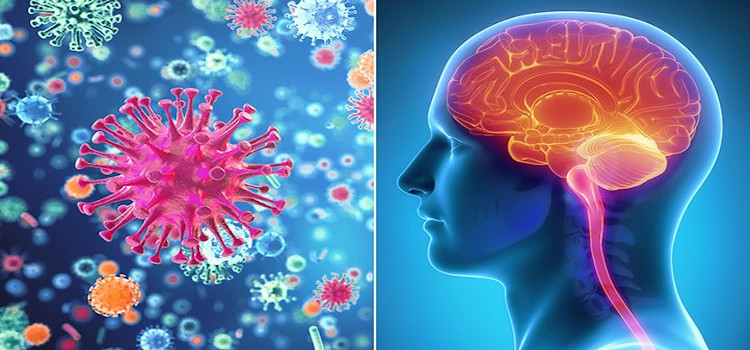
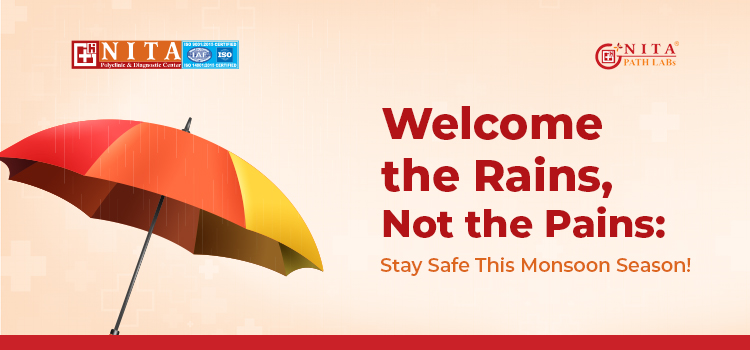
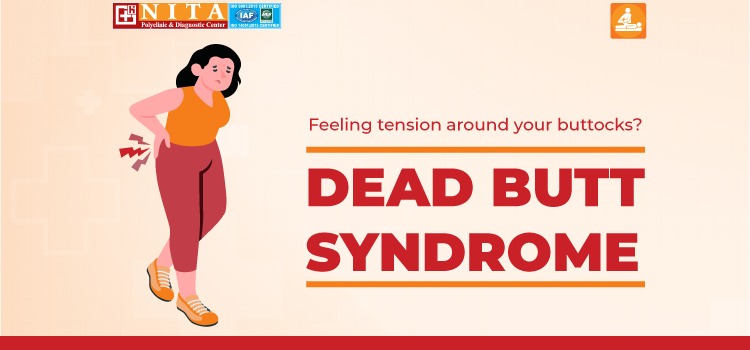
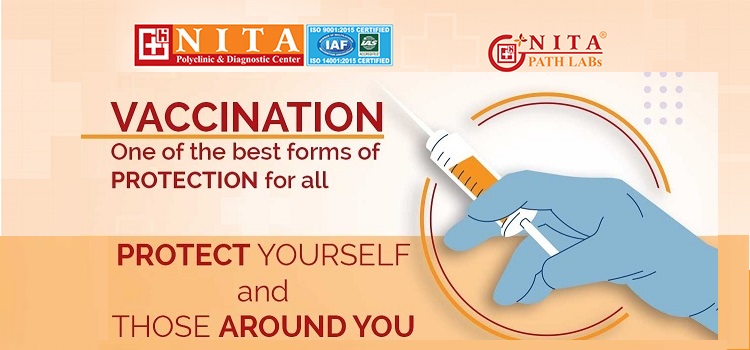








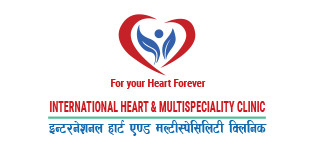














Leave Comment